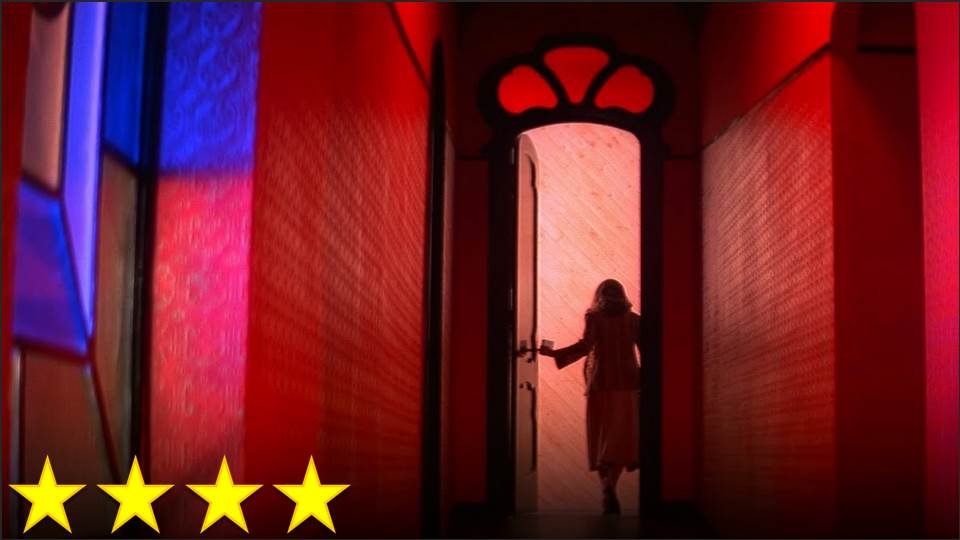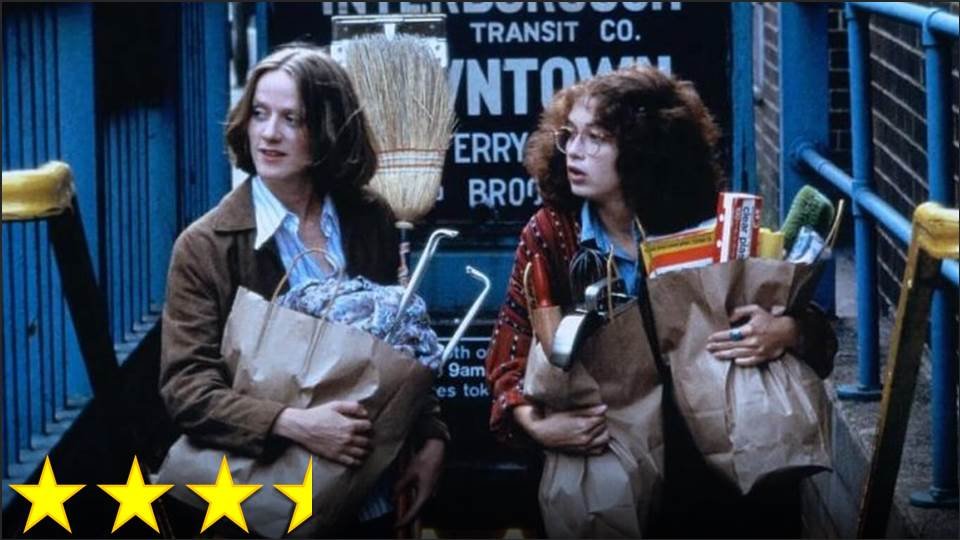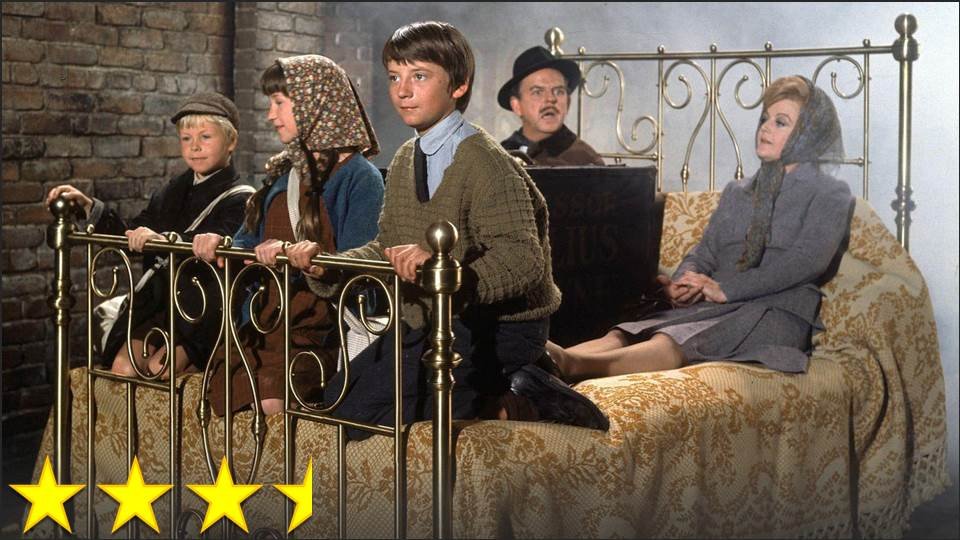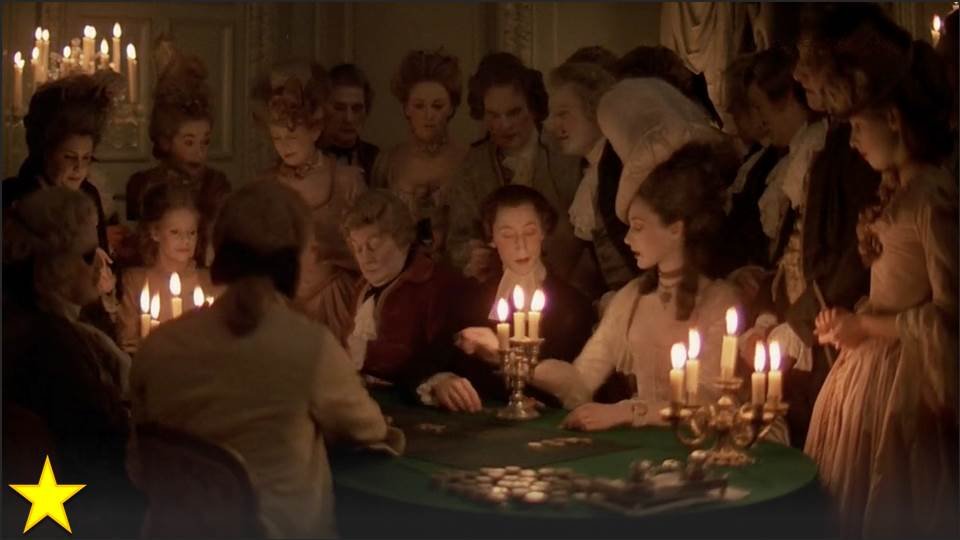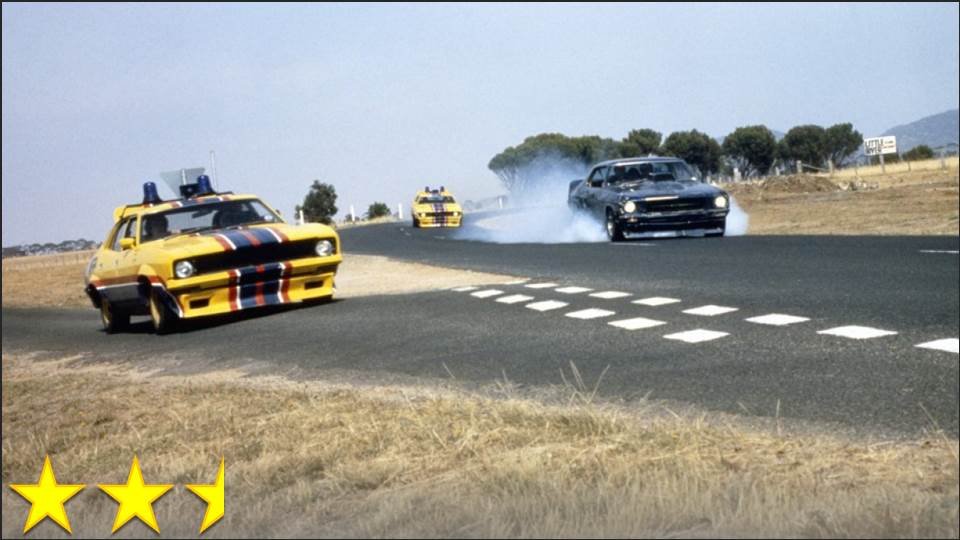As I’ve continued my new journey through old horror movies, I’ve decided to return to the director of Phenomena/Creepers to see what is probably his most famous and acclaimed work, Suspiria. Another of Dario Argento’s semi-Italian films with weird dubbing, this film caught my attention because I read a description of it somewhere that called it “candy-colored,” and based on what I saw in photos, that seemed to be an appropriate description. This is, in terms of visuals, one of the top three greatest films I have ever seen in my life, and it insists on lighting and coloring its interesting sets in the most theatrical style possible with no interest in explaining why everything turns red when the lights go out or why the walls have illustrations that sing of Lewis Carroll. When the visuals are put together with the wonderfully creepy score, it creates an eerie, powerful, and beautiful experience in nearly every scene. That being said, this film is evidence of the fact that a series of great and interesting scenes or moments does not constitute a great story. The plot is simply impossible to follow and hardly anything in this movie makes any sense. It has good moments, but they do not function within a machine of set-ups and pay-offs or anything resembling quality dramatic, ironic storytelling.
I’m giving this film a big pass on the stupidity of its plot because of how fun and scary it is in all the right ways, and because I’m a sucker for old cult films with Jessica Harper, but I’m still rather upset that it hasn’t been released on Blu-Ray yet. I know they’ve been working on it, but I can’t help but feel that my review is inevitably insufficient until I get to see all of the film’s magnificent beauty in the highest quality possible.
